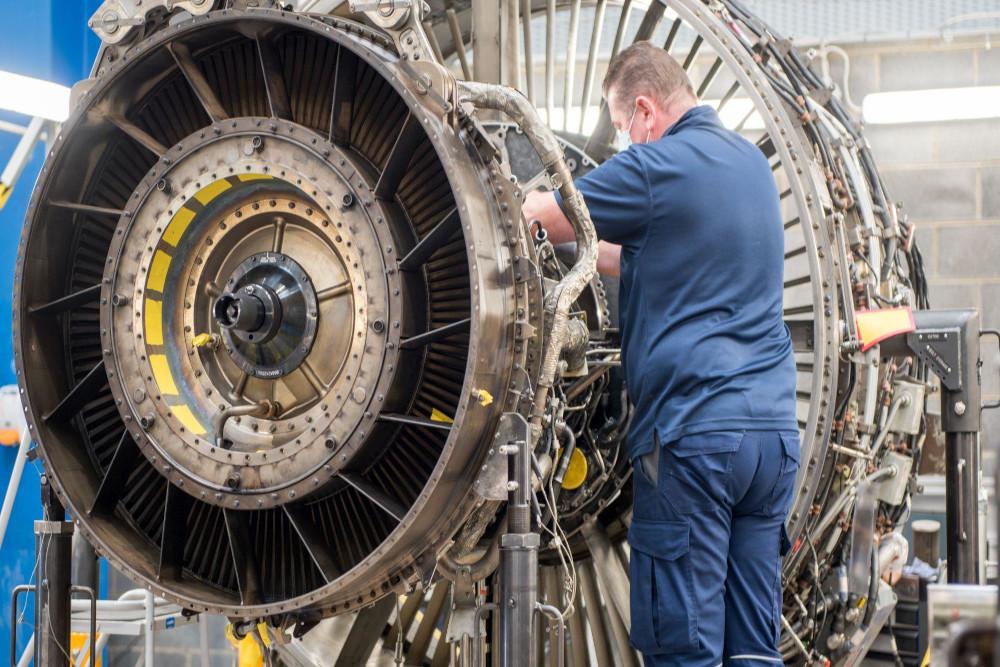
Credit: Lufthansa Technik
DUBLIN—With inflation rising sharply across the world, the commercial aftermarket is expecting to feel a broad impact, ranging from rising labor costs to increased material pricing. In a panel discussing on the current state of the global engine market at Aviation Week’s Aero-Engines Europe event in...
Subscription Required
This content requires a subscription to one of the Aviation Week Intelligence Network (AWIN) bundles.
Schedule a demo today to find out how you can access this content and similar content related to your area of the global aviation industry.
Already an AWIN subscriber? Login
Did you know? Aviation Week has won top honors multiple times in the Jesse H. Neal National Business Journalism Awards, the business-to-business media equivalent of the Pulitzer Prizes.



